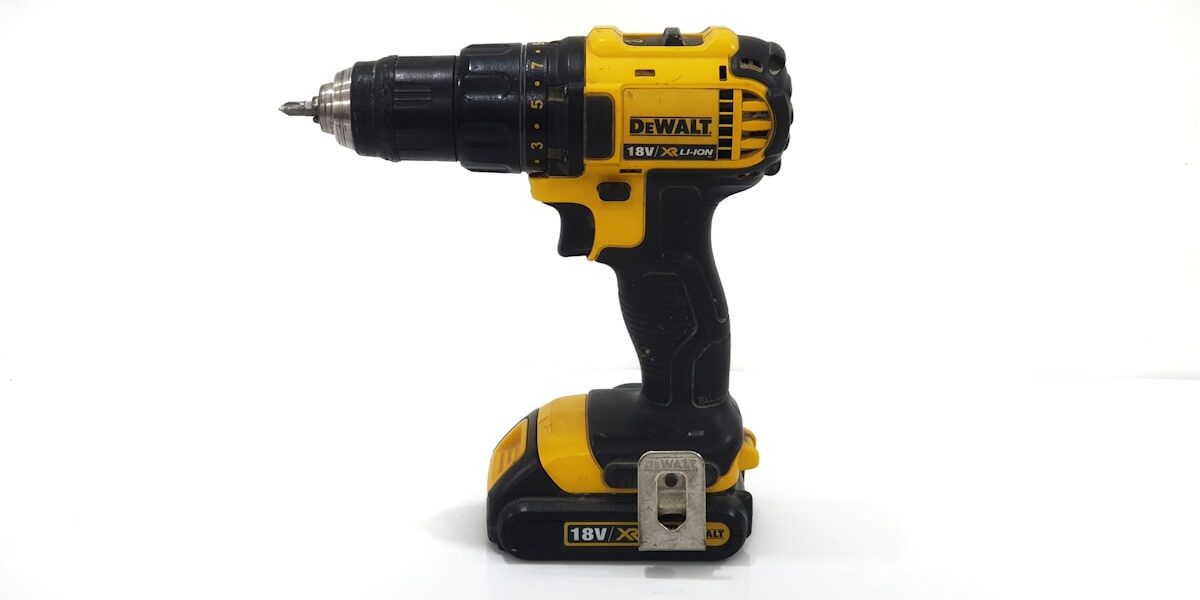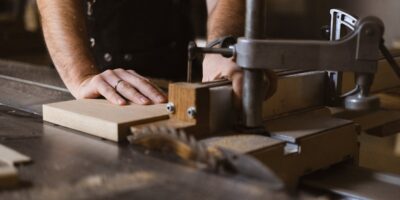The Best Drill Bit for Metal: A Comprehensive Guide
Drilling into metal requires the right tool to ensure precision and longevity. Choosing the best drill bit can make a significant difference in the outcome of your project. Not all drill bits are created equal, and when it comes to metal, considerations around material, coating, and design can drastically affect performance and durability.
Understanding Drill Bit Materials
The material from which a drill bit is made determines its basic suitability for drilling metal. Here are the most common materials used for metal drill bits:
- High-Speed Steel (HSS): A popular choice due to its affordability and versatility. HSS is suitable for softer metals like aluminum.
- Cobalt Steel Alloys: Contains a percentage of cobalt, which enhances heat resistance and durability. Ideal for drilling into harder metals like stainless steel.
- Carbide: Extremely hard and can maintain cutting edges longer. Best for industrial applications or heavy use with tough metals.
Coatings and Their Importance
The coating on a drill bit can significantly influence its performance by reducing heat and friction:
- Black Oxide: An inexpensive, durable coating that increases heat resistance and is suitable for mild steel drilling.
- Titanium Nitride (TiN): This gold-colored coating increases hardness and reduces friction. It extends the life of the bit but is not suitable for high-resistance metals.
- Titanium Aluminum Nitride (TiAlN): Offers higher heat resistance than TiN, suitable for production settings with high-temperature applications.
- Diamond Powder: Provides excellent hardness and abrasion resistance, although typically overkill for standard metalworking.
Types of Drill Bit Designs
The design of a drill bit affects its cutting speed and the type of hole it can make. Here are some key considerations:
- Twist Bits: The most common type, with two cutting edges and a spiral flute. Effective for most general metalworking tasks.
- Step Drill Bits: Ideal for drilling holes of various diameters with a single bit. Useful for sheet metal due to their ability to make clean, burr-free holes.
- Pilot Point Bits: A specialized type that starts with a central point to prevent walking and produce a clean, accurate hole.
Selecting the Right Drill Bit
Choosing the right drill bit involves assessing the type of metal you plan to drill, as well as the specific requirements of your task:
- Mild Steel: HSS bits with a black oxide or titanium coating are generally sufficient.
- Stainless Steel: Cobalt or carbide bits are preferred due to their heat resistance and durability.
- Cast Iron: A durable metal that often requires carbide bits for efficiency.
- Aluminum: HSS bits work well due to the metal’s softness, though care should be taken to avoid clogging the flutes.
Considerations for Drilling Speed and Technique
Drilling speed and technique can influence the success and safety of your project. To extend the life of your drill bits and ensure clean holes, consider these key points:
- Maintain slow, steady speeds to reduce heat buildup.
- Apply consistent, moderate pressure to avoid bit breakage.
- Use cutting fluid or oil to help with lubrication and cooling.
- Pause periodically to prevent overheating, especially with larger holes or harder metals.
Maintenance and Care for Metal Drill Bits
Regular maintenance and appropriate care of drill bits can extend their lifespan. Here’s how to ensure your bits remain in optimal condition:
- Keep bits sharp by using drill bit sharpeners or professional services.
- Store bits in a clean, dry place to prevent rust and corrosion.
- Regularly clean bits to remove metal debris after use.
Recommended Products in the Market
Here are some highly rated drill bits for metal, available in the market:
- DEWALT Cobalt Drill Bit Set: Known for its toughness and performance with hardened steel and stainless steel.
- IRWIN Industrial Cobalt Drill Bits: High-speed performance with cobalt construction geared for tough metal surfaces.
- BOSCH Titanium Twist Drill Bit Set: Suitable for general metal drilling with a titanium finish for reduced friction.
In conclusion, selecting the best drill bit for metal involves understanding your project’s unique needs and matching them with the appropriate material, coating, and design. Proper usage and care will further enhance performance and tool life, ensuring professional results in every project you undertake.



Subscribe for Updates
Get the latest articles delivered to your inbox.
We respect your privacy. Unsubscribe anytime.